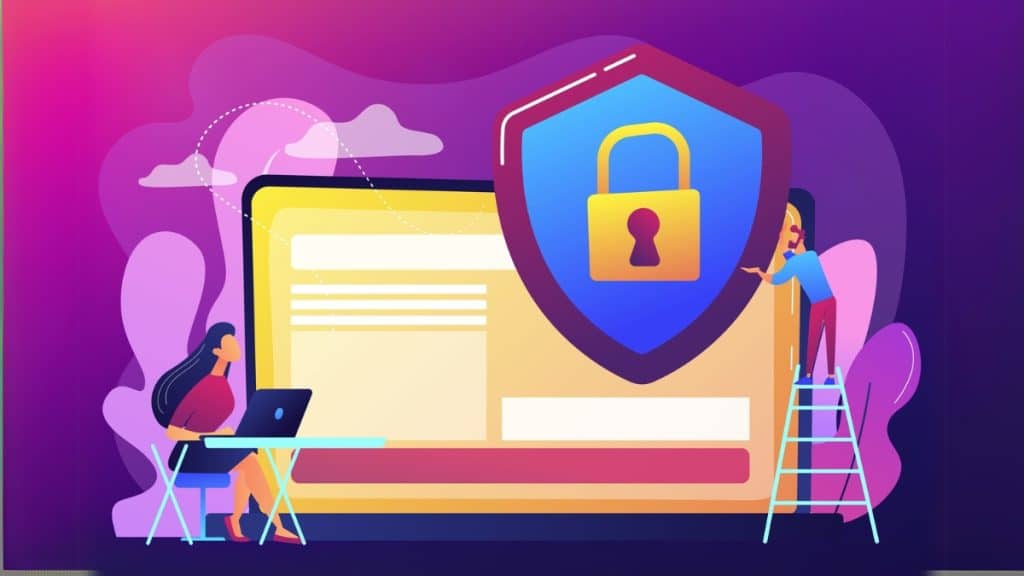Protecting one’s identity cannot be overemphasized in the digital world. With more personal data stored and shared online, from financial information to social media account details, protecting your identity has become an essential priority. Identity theft is increasing, and damages can run from monetary losses to a credit score in tatters. However, the following identity protection precautions can lower the risk and remain safe in the information age.
Use Strong, Unique Passwords
Using strong and unique passwords for all your accounts is one of the best ways to protect your identity online. You may be tempted to use the same password on multiple sites for convenience, but that puts your security at risk. If a hacker gets access to one account, he can easily get to others too. Instead, choose long and complex passwords using a combination of uppercase and lowercase letters, numbers, and special characters.
You may also consider using a password manager to help keep track of your passwords securely. They create solid passwords on your behalf and keep them in an encrypted vault, so you can free poor brain space from remembering multiple accounts while keeping safe at the same time.
Set Up Two-Factor Authentication (2FA)
Enable Two-Factor Authentication (2FA) Instead of simply entering a password, you also must provide a second form of verification: a code sent via text message, a link sent via email, or a biometric scan. This makes it much harder for cybercriminals to get in, even if they have your password.
Most major services, email providers, banks, social media platforms, and the like — offer 2FA. One of the easiest ways to secure your identity is by enabling this feature on all accounts that support it.
Be Vigilant: Monitor Your Financial Accounts
One of the most important steps in protecting your identity is to check your financial accounts regularly. Establish alerts through your bank and credit card issuers to warn you of any unusual activity. By monitoring transactions, you can detect fraudulent charges early on, safeguarding your finances from serious harm. If you see anything amiss, then you should take action right away by reporting it to your financial institution and by freezing your account, if needed.
You can also subscribe to a credit monitoring service, which can notify you of changes to your credit report, such as new accounts or inquiries. Timely detection reduces the impact of identity theft.
Never Use Public Wi-Fi for Sensitive Transactions
While public Wi-Fi networks — like the ones at coffee shops and the airport — are convenient, they’re also dangerous. These are usually not encrypted, so hackers can access your data there more easily. If you have to use a public network, try using a Virtual Private Network (VPN) that encrypts your data and protects your privacy.
Be Wary of Phishing Scams
The most common way hackers employ methods to access personal information is through phishing scams. These scams typically involve fake emails, texts, or phone calls that seem to be from genuine sources — your bank, say, or a major retailer. They request sensitive information, such as your Social Security number, account log-in information,n or credit card information.
Always be wary of unsolicited messages requesting personal information. Do not open links in these messages. Instead, reach out to the organization directly at a verified phone number or website. This will help make sure you’re dealing with a legitimate request and not a scam.
Update Software Regularly
Keeping your software and other devices up to date is an important part of protecting your identity. Outdated software can give cybercriminals easy access to your information. Data is better protected against threats by regularly installing software updates and security patches.
Do this, and your devices will automatically update so you never miss an important patch. Also, ensure your antivirus software is updated and performs regular scans to identify malware.
Do Not Share Information About Yourself Online
Personal information available on social media is a gold mine for hackers that they can use for identity theft. And to be semi-regular in one’s life updates is a blast, but be mindful of what you post and how. Be careful not to provide personal details, such as your entire date of birth, address, or financial information.
If you use social media, you can change your privacy settings to share your posts only with certain people. The more data you put out there, the bigger target you become for identity thieves.
Conclusion
A user needs to be cautious to protect their identity, and it’s an ongoing process. By employing these strategies: strong passwords, two-factor authentication, monitoring your financial accounts, avoiding public Wi-Fi, being cautious of phishing scams, updating your software regularly, and limiting what you share online —— you can substantially reduce your chances of joining the ranks of identity theft victims. In a world where it is difficult to keep any aspect of our lives private, it is still important to protect your identity from being compromised, and with a bit of diligence, you can help protect your personal information.

